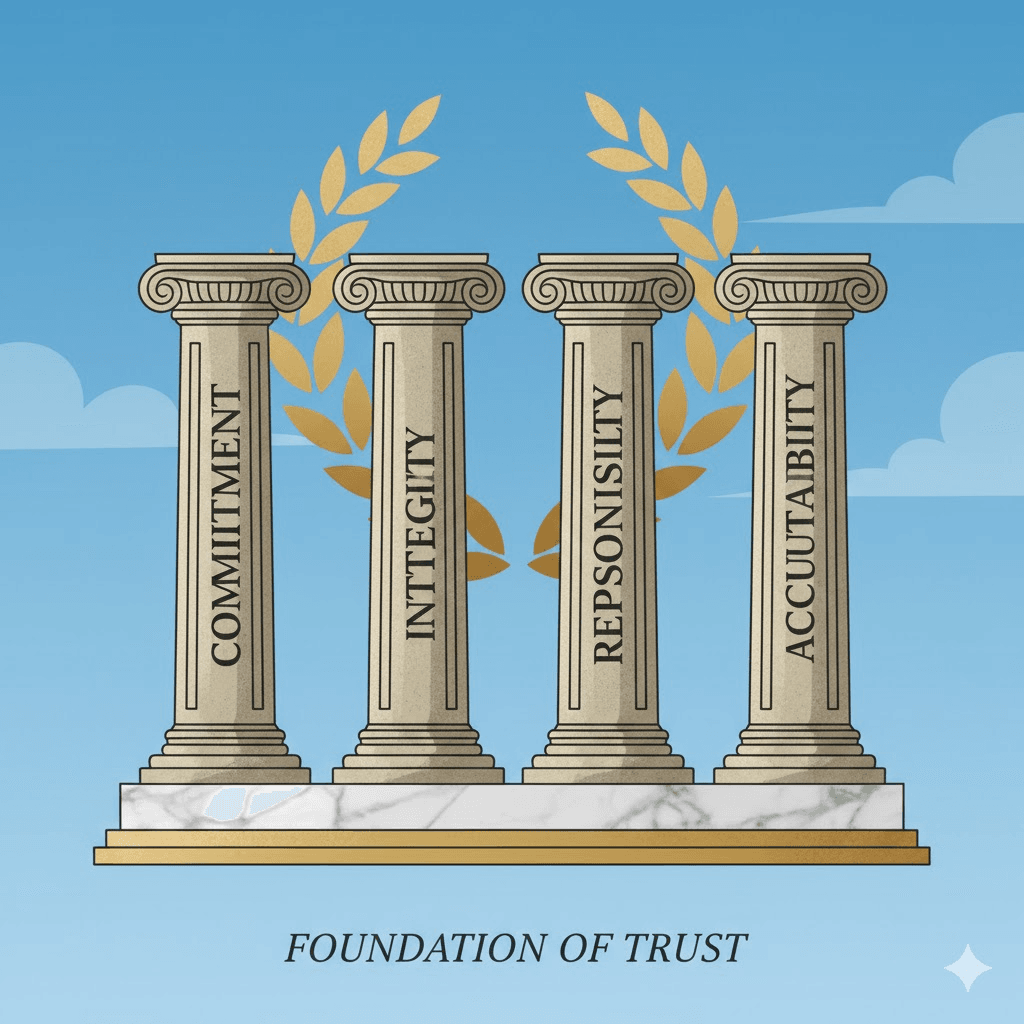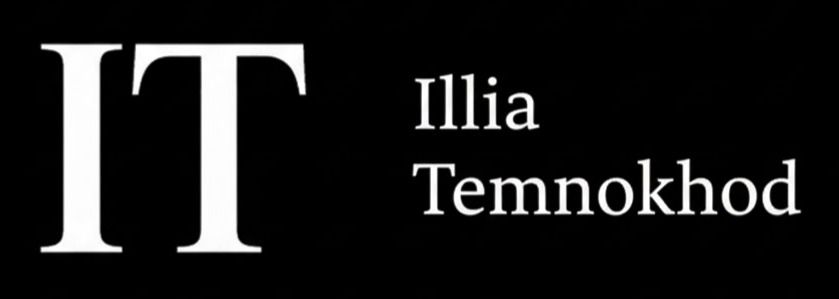Beyond the Hoodie: What Professionalism Really Means in Game Dev
Does the concept of professionalism apply to the creative industries?
When you hear the word "professional," what do you picture? For many, it’s a suit and a briefcase. For me, professionalism isn't about how we dress or look; it's about how we behave in everyday work and, most importantly, in critical situations.
It’s the ability to solve problems with a clear head, to face challenges and tasks without giving in to despair, and to move forward step by step without stopping. True professionalism is a skill that isn't developed in months, but over years—decades of hard work and effort. It is the hallmark of a true master of their craft.
The Creativity vs. Professionalism Paradox
In the creative sphere, professionalism is vital primarily because it helps maintain time management. But we have to be honest: sometimes, this can be harmful to creativity.
Unfortunately, in our time, large studios and major market players would rather "professionally" create something old that has already proven its effectiveness than try something new, unusual, and take a risk.
This is why it's so important to give credit to the studios that manage to combine both professionalism and creativity, as this is as difficult as it is seemingly impossible. Kojima Productions
The Four Pillars in My Own Work
In my solo work on GraphPaper Gore, these four pillars played a key role:
- Commitment: This isn't just a word. It was the pain, sweat, and tears I invested to meet deadlines and bring the project to completion. There's work—like bug fixing, optimization, and writing documentation—that is hard and boring, but it must be done
- Integrity: This is about adhering to the moral ethics of Gamedev, which is an equally important part of our work. It means being honest about my code and my progress.
- Responsibility: This was my personal duty to adhere to the project's timeline and scope.
- Accountability: This is ownership, in both the good and bad sense of the word. It's the ability to not just do the work, but to do it well and be answerable for the final result.

The "Bible of Our Industry"
The Code of Conduct, or "Ethics Code," is a part of my job and my professionalism that guides us on the right path. I would call it the Bible of our industry.

As a solo developer, it's much simpler for me to be responsible for upholding it, but it's no less important to practice it. In my case, I align my conduct with the standards set by the Igda`s Code of Ethics.
A Personal Reflection: Solo vs. Team Professionalism
The nature of professionalism changes depending on the environment.
Working Solo: In my case, professionalism actually works better when I'm alone. When I feel that the entire task rests on me and me alone, I get an engine—a thirst for improvement and the creation of something truly great. When I was working on "GraphPaper Gore," inspiration never left me; I had an interesting and talented idea from the very beginning. I crunched for days on end. Of course, at times it was necessary to maintain self-discipline, especially when it came to boring, routine processes. But it was all for the final result, which is the best reward.
Working in a Team: In a team, you are forced to adapt to others, and your share of participation is "diluted." It's no longer your child; it's a project of 50 people. But this is a very useful and correct experience. Truly great projects are very difficult to do alone, so teamwork is primarily a benefit to you, saving your time and focusing you on what you do best.
My Greatest Challenge: For me, the hardest part is probably fixing bugs that are simply impossible to find. You can do everything imaginable and unimaginable to get your way, but the error will still be there. By the way, this is exactly why it's easier to work in a team—colleagues will always help you figure it out.
The Key to the "Ideal" Studio
For me, mutual respect is the key to the "ideal" studio.
We are all part of one whole - whether you are an artist, a designer, or a programmer, we are all strongest and most effective as a team.
I love to compare this to a bundle of branches. You can easily break a single branch in your hands, but a whole bundle is far from simple; I'm more than certain you wouldn't have the strength. It's the same with a team. Only in a healthy and well-coordinated group is ideal work possible for all of us.
